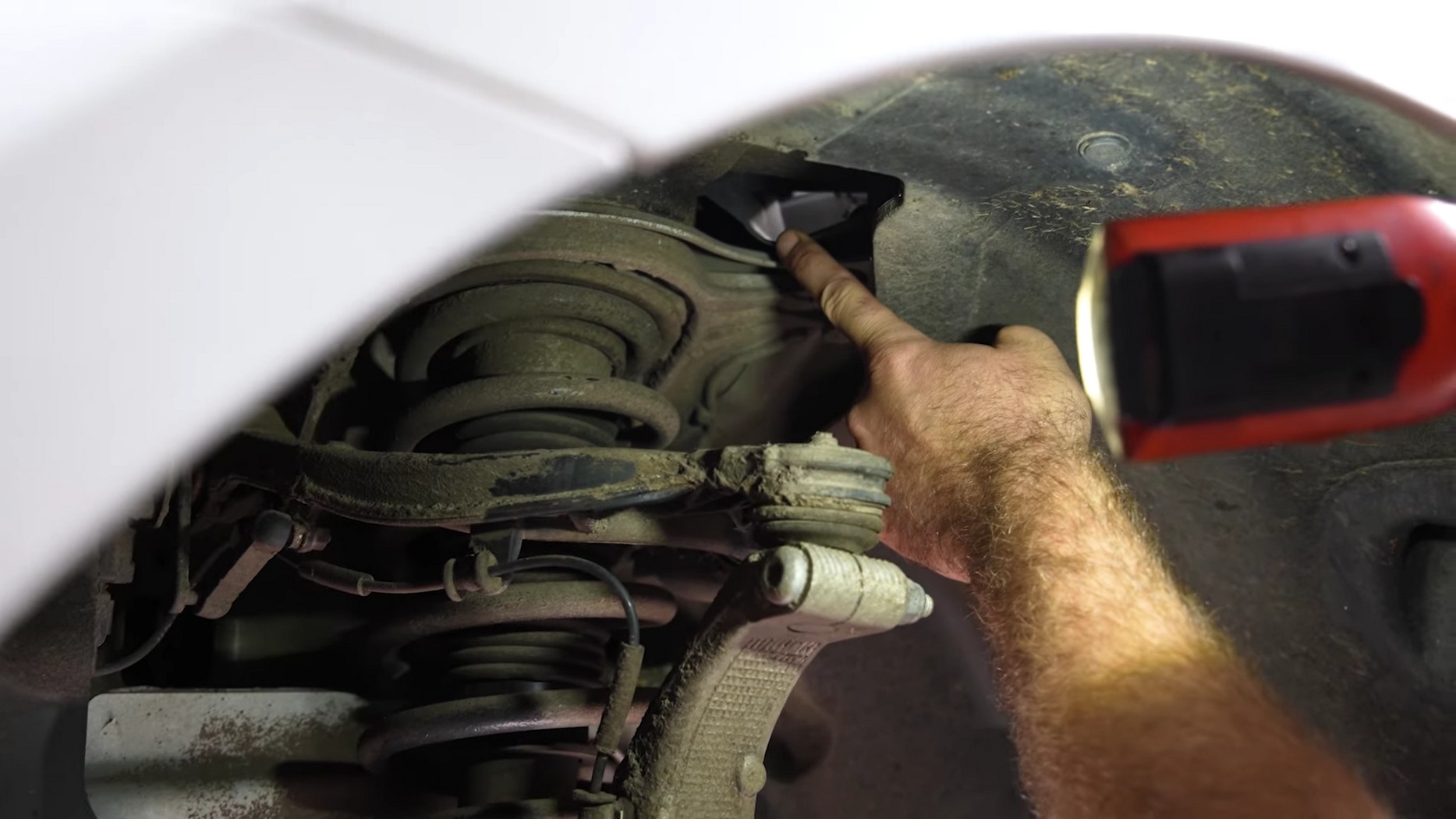I live on a road that is salted every day throughout the winter, it seems. The road is nicely clear of ice but the cars suffer. Ironically we’ve barely had any snow this year so far in the middle of the Southern Uplands.Get some fall out remover on to them and give it an italian tune.... personally never had this issue with cars left standing outside for months but then again I dont live in Scotland so it might be different up north.
When I first noticed the surface corrosion I made a point of reducing regen level and using them more. I also went through several strong braking routines in an effort to improve things… to the extent of making myself feel seriously queezy! After persevering for about 6 months on low regen and occasional firm braking sessions I gave up… still passed the MOT.



